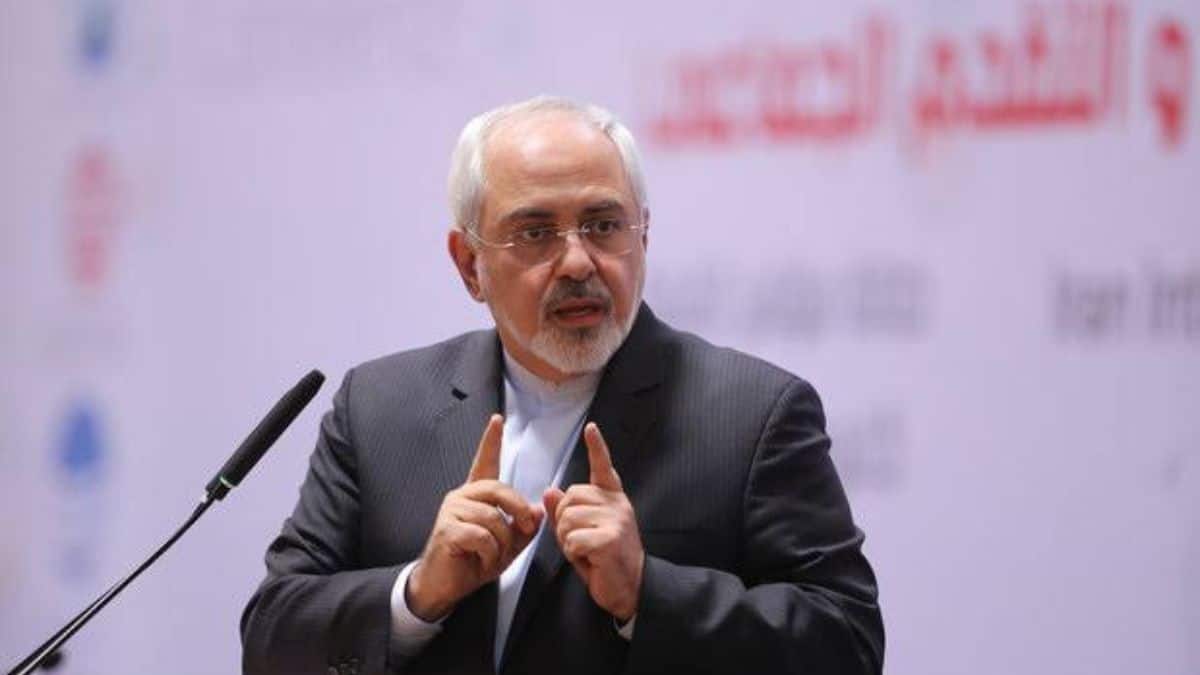Javad Zarif, Iran’s Vice President for Strategic Affairs and a prominent diplomat known for his role in international negotiations announced his resignation from President Pezeshkian’s cabinet on Sunday.
In his resignation statement, Zarif cited ongoing “unaddressed shortcomings” within the new leadership as the primary reason for his departure. While specifics of these shortcomings were not detailed, Zarif’s departure is widely seen as a reflection of broader dissatisfaction with the direction of President Pezeshkian’s administration.
Zarif, who previously served as Iran’s Foreign Minister, played a key role in shaping Iran’s foreign policy and negotiating the landmark 2015 nuclear agreement with world powers. His resignation from the cabinet, therefore, carries considerable weight and raises questions about potential shifts in Iran’s strategic direction and diplomatic approach.
President Pezeshkian’s administration has faced various challenges since its inception, including domestic economic issues and ongoing international pressures. Zarif’s resignation could signal deeper rifts within the administration and impact the government’s ability to navigate both internal and external political pressures effectively.
The timing of Zarif’s resignation also underscores the fragility of political alliances in Iran, where high-profile departures often reflect underlying conflicts and shifts in power dynamics. As Iran continues to face complex challenges on both the domestic and international fronts, Zarif’s exit from the cabinet is likely to be closely scrutinized by political analysts and observers worldwide.
The Iranian government has yet to issue an official response to Zarif’s resignation. His departure leaves a significant void in Iran’s strategic and diplomatic efforts, raising questions about how the administration will address the issues he highlighted and who will step into his role.

